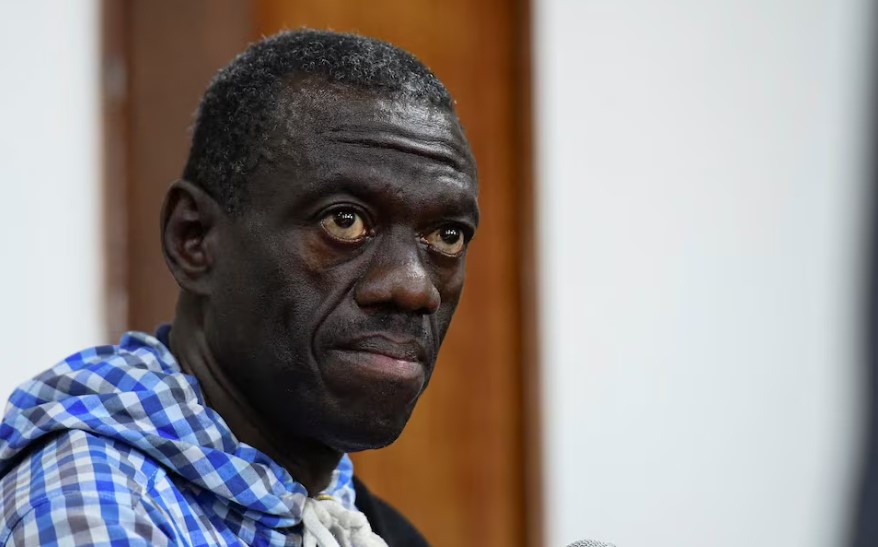Teachers risk losing their jobs for hosting students in new bill

The Bill has also proposed that teachers should not involve students in household chores while at their homes.
An Amendment Bill by the Teachers Service Commission (TSC) has prohibited teachers from hosting students in their residences, guest houses, hotels or lodgings.
The Bill has also proposed that teachers should not involve students in household chores while at their homes.
More To Read
- KUPPET proposes three-tier school system to fix CBC confusion
- Court blocks Sh3.4 billion teachers' promotion case over late filing
- TSC defends promotion criteria amid scrutiny, citing fairness and inclusivity
- KUPPET threatens nationwide strike if CBA talks fail to kick off in seven days
- Former TSC CEO Nancy Macharia picked for Murang’a County job weeks after exit
- Public universities directed to train teachers ahead of Grade 10 rollout
According to the Bill, teachers risk facing severe consequences, including job loss for conducting the offence.
“A teacher who commits any of the disciplinary offences prescribed in the third schedule or any other written law shall be subjected to a disciplinary process under the regulations made under this Act,” reads the Bill.
The move aims at maintaining professional boundaries and ensuring the safety and well-being of students under the care of teachers.
The commission has opened up the discussion for public participation on the TSC Act Amendment Bill, 2024, emphasising the potential transformative impact of the proposed changes.
Once a teacher is found guilty, he or she could face various penalties, including a warning letter, surcharges, suspension for up to six months, or even cancellation of their registration certificate and removal from the register.
Disciplinary proceedings
However, the bill also ensures fair treatment for teachers undergoing disciplinary proceedings.
Teachers on interdiction will receive half of their basic salary and applicable allowances, except in cases of desertion of duty.
“Where a teacher, having been subject to a disciplinary process is found not culpable, the Commission shall revoke the interdiction,” reads the Bill.
If enacted, the Bill would significantly bolster the authority of the Commission, positioning it as one of the most influential constitutional bodies.
Other disciplinary offences include; engaging in immoral behaviour with a learner such as sexual intercourse, sodomy, homosexuality, sexual harassment or flirtation, love relationship, exposure to pornography and buying gifts intended to influence learners into immoral conduct.
However, the Kenya National Union of Teachers (Knut) said TSC failed to fully engage them in the drafting of the amendment Bill which in turn affects them.
In a letter dated February 6, Knut Secretary-General Collins Oyuu said the union feels the commission deliberately and strategically avoided their participation from the beginning in the drafting of the amendment Bill.
"The TSC Act from which the code of regulations for teachers shall be made is meant to make teachers work and work environment better and not otherwise," Oyuu said.
He said they play a crucial role in representing teachers, adding that public participation is required on any amendments affecting teachers.
Oyuu said the Amendment Bill does not serve the interests of the teachers.
Knut and TSC were to hold a stakeholder's engagement forum on Wednesday, February 7 to review the Bill but Knut declined to attend.
Top Stories Today












































